Italian parliament fails to elect president in third round
Italy's parliament failed again on Friday to elect a president in the third round because no candidate won a two-thirds majority.
Friday, 19.04.2013.
15:52

ROME Italy's parliament failed again on Friday to elect a president in the third round because no candidate won a two-thirds majority. Most lawmakers, 420 of them, cast blank ballots so it was impossible for any candidate to win the necessary 672 out of 1,007 votes of electors. Italian parliament fails to elect president in third round 1,007 electors – senators, members of the lower house and regional representatives elect the Italian president. A two-thirds majority is necessary in the first three rounds while a simple majority, or 504 votes, is necessary from the fourth round. AFP has reported that former Italian Prime Minister Romano Prodi stands a good chance of being elected. President Giorgio Napolitano’s seven-year term expires on May 15. The Italian president has limited powers but his role becomes significant in a case of a political blockade like after the parliamentary election in February when no parliamentary majority that could form the government was elected. Napolitano’s successor could dissolve parliament and call new elections which is something Napolitano cannot due in the last six months of his term. The new president can also name Pier Luigi Bersani PM-designate. Bersani’s coalition has an absolute majority in the lower house but not in the Senate. Each round of voting lasts four to five hours and it is envisaged to hold two rounds a day until a new president is elected. The procedure can last for several days. No party or a coalition has a majority which means that a certain compromise will have to be made in any case. (Beta/AP) Beta Tanjug
Italian parliament fails to elect president in third round
1,007 electors – senators, members of the lower house and regional representatives elect the Italian president.A two-thirds majority is necessary in the first three rounds while a simple majority, or 504 votes, is necessary from the fourth round.
AFP has reported that former Italian Prime Minister Romano Prodi stands a good chance of being elected.
President Giorgio Napolitano’s seven-year term expires on May 15.
The Italian president has limited powers but his role becomes significant in a case of a political blockade like after the parliamentary election in February when no parliamentary majority that could form the government was elected.
Napolitano’s successor could dissolve parliament and call new elections which is something Napolitano cannot due in the last six months of his term.
The new president can also name Pier Luigi Bersani PM-designate. Bersani’s coalition has an absolute majority in the lower house but not in the Senate.
Each round of voting lasts four to five hours and it is envisaged to hold two rounds a day until a new president is elected. The procedure can last for several days.
No party or a coalition has a majority which means that a certain compromise will have to be made in any case.










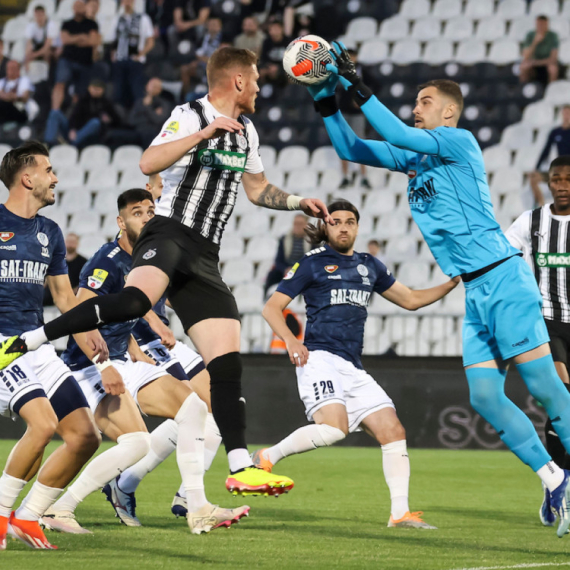
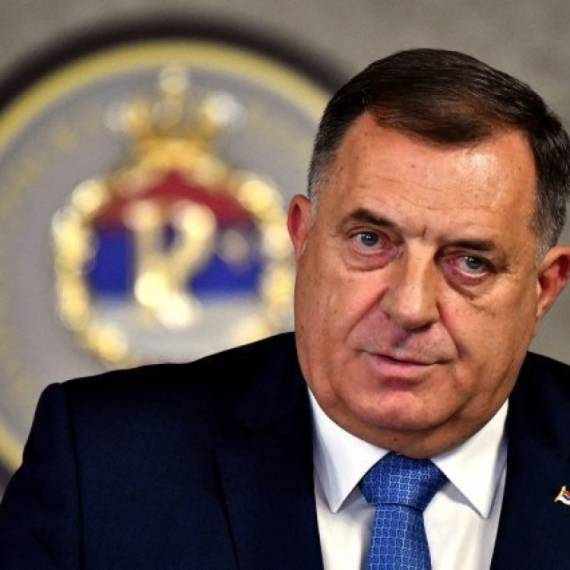

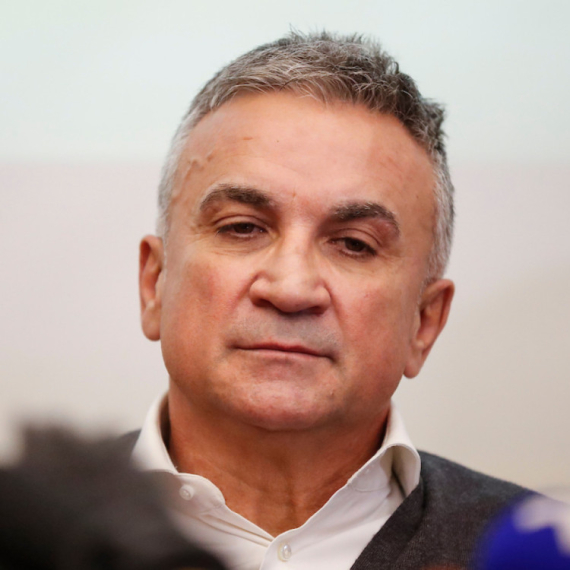
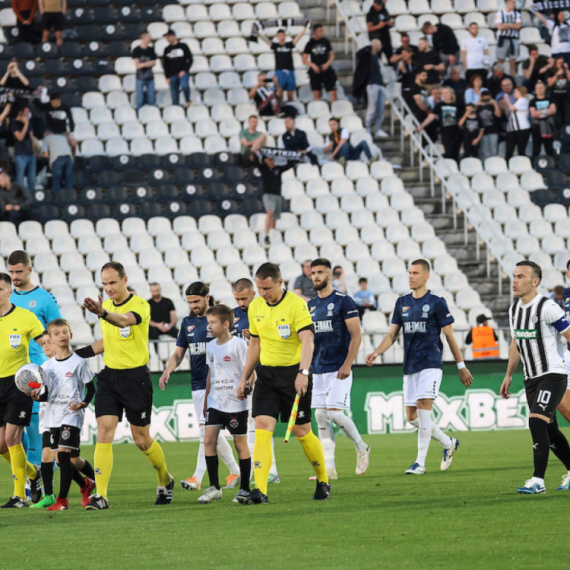
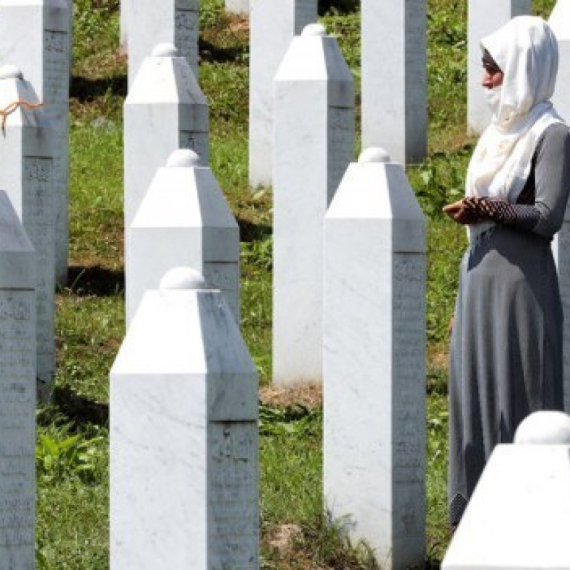
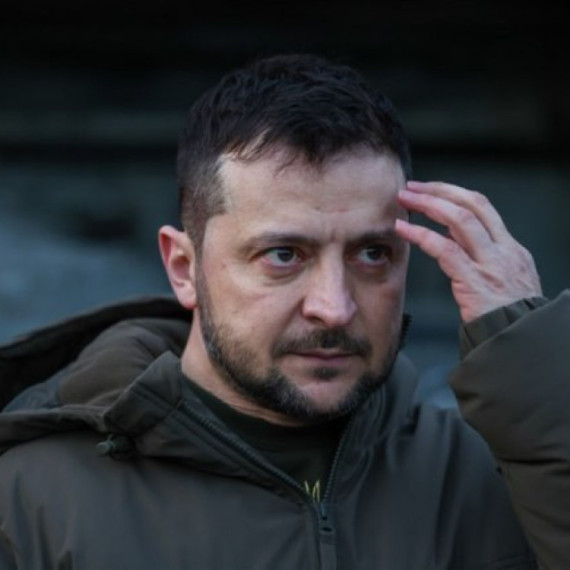
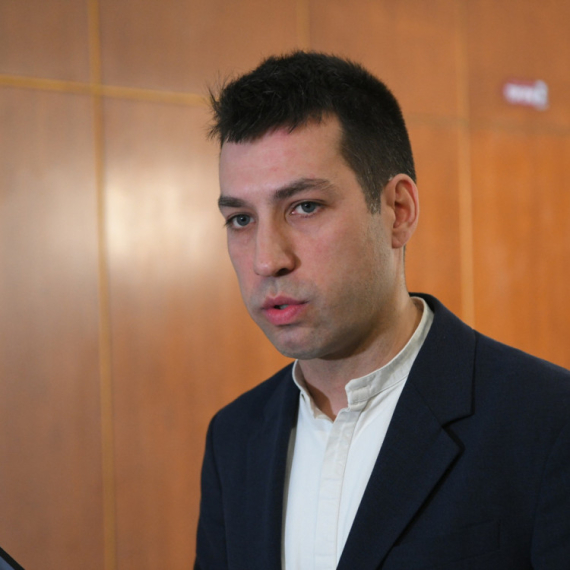


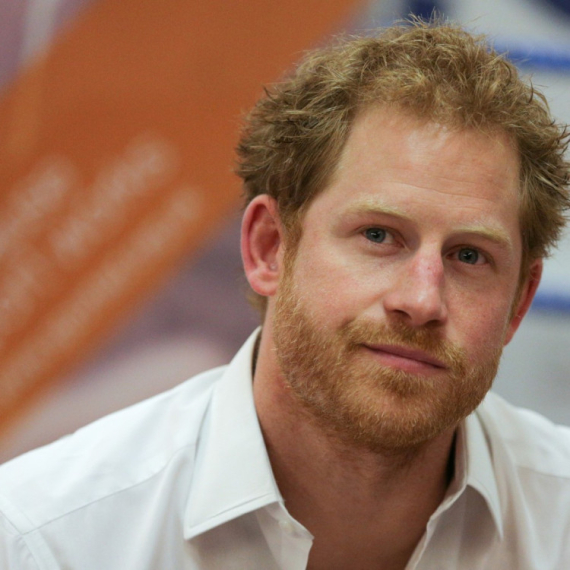

































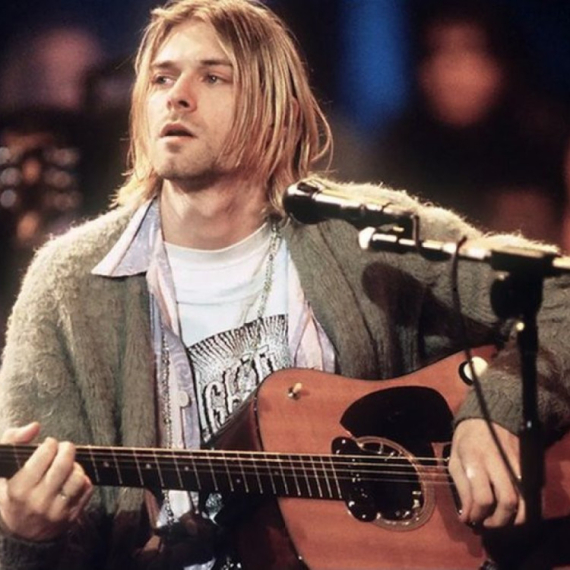
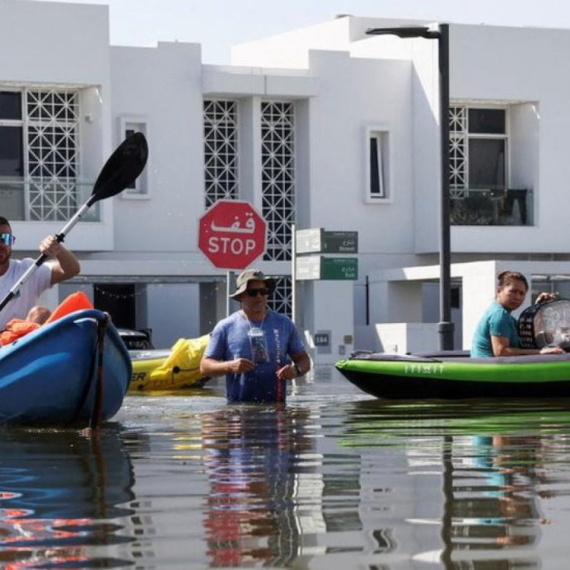

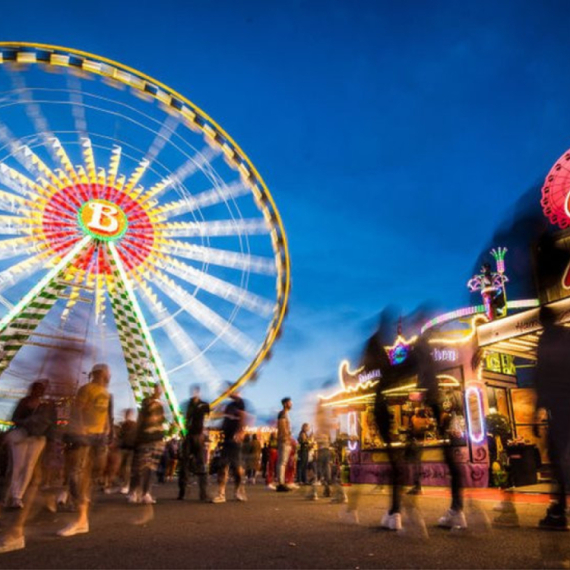
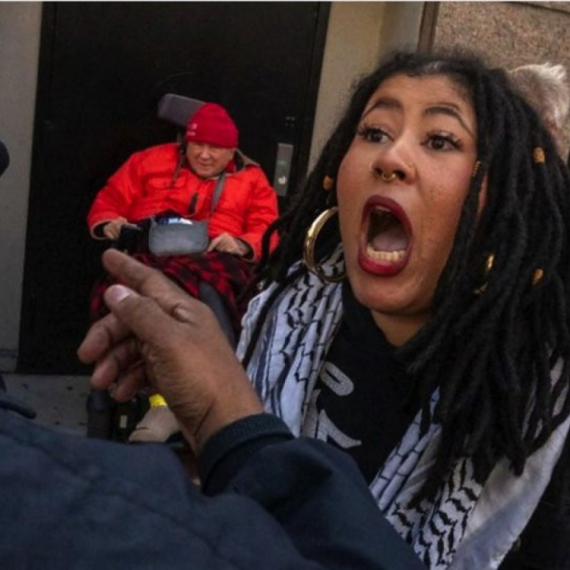

Komentari 0